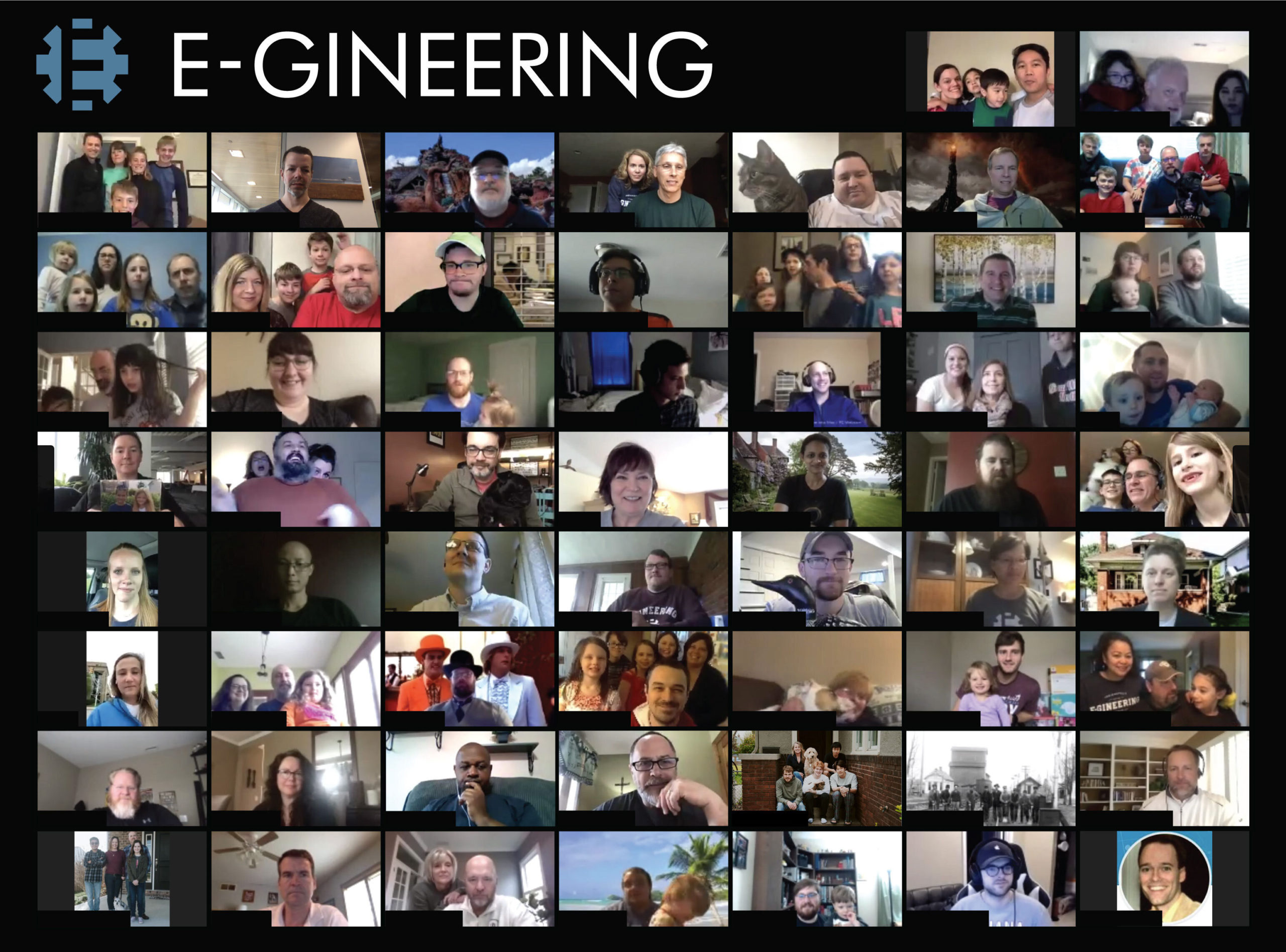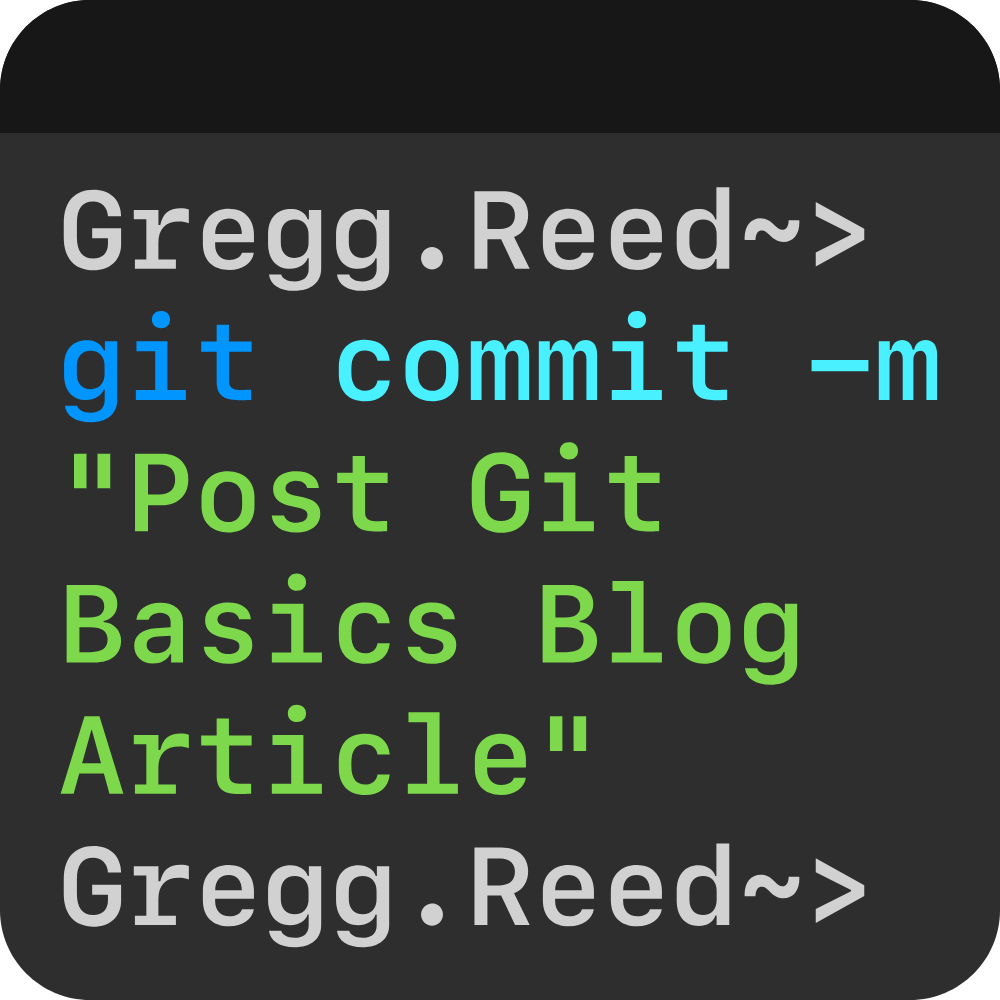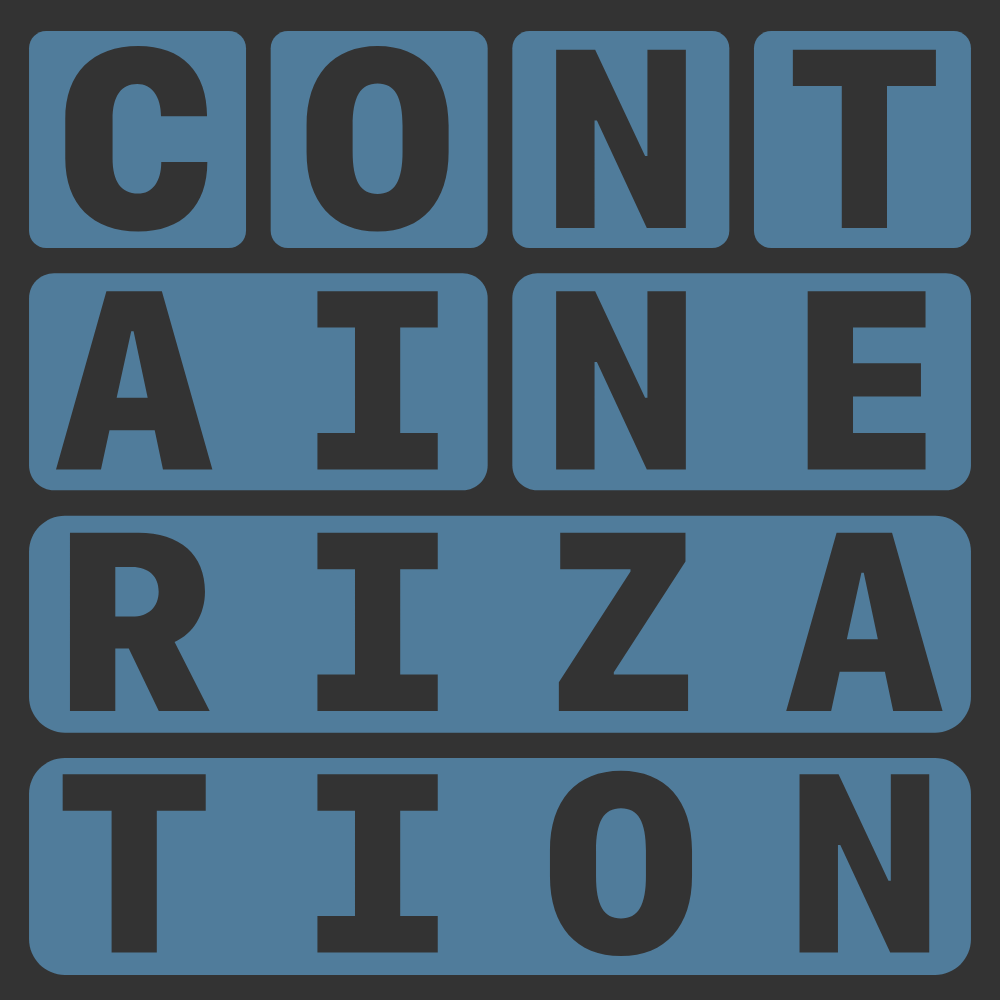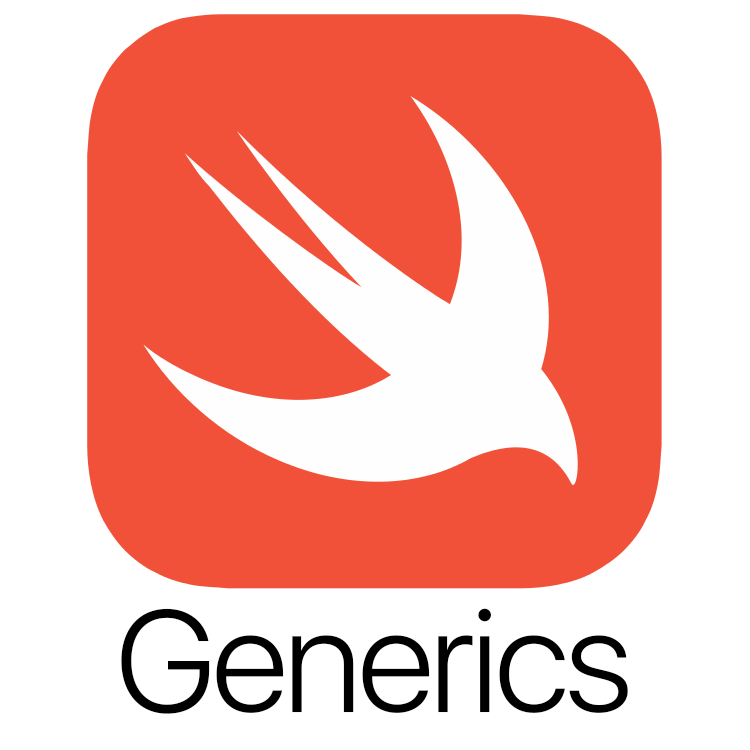Hacktoberfest! – Celebrating Open Source Software
A quick introduction – Packages, Libraries, and Repos Before we begin, if you’re familiar with these terms, you can skip to the next section. As software developers, we often bring other …


A quick introduction – Packages, Libraries, and Repos Before we begin, if you’re familiar with these terms, you can skip to the next section. As software developers, we often bring other …

October is National Depression and Mental Health Screening Month. As a company, mental health is very close to our heart. It’s important to make sure each employee and their mental health is …

Twenty years is a long time when you’re looking ahead at them. But, wow, they sure seem like a blink of the eye when you’re looking back. We started E-g when most of the founding partners were still …

The stories we’ll tell! That’s what we’ve been saying around here as we look to the days ahead. One responsibility of living through these times is to make memories. Most of the E-g …

TL;DR – The source code is here and converting Azure Functions to AWS Lambdas is really fun and easy! Some background For the unfamiliar, serverless computing is a way to host code that runs on …
“What is a social-distance friendly family virtual scavenger hunt day out?” you ask. (And, wow, isn’t that a mouthful of words??) Well, we adapted our normal first company hike of …
It might be all kinds of crazy-different out there these days. And sure, we have to figure out how to live daily life in a social-distancing way. But some things remain stable even in the swirl of …

The software development landscape is often an image of a rushing river more than a stalwart mountain. With the introduction of WebAssembly, many languages are working to implement their own solutions …

The information for this blog post was taken from the content of a Git Basics training at EG’s 2020 QA Retreat. The purpose of this training was to provide a baseline for Automated Test …

Imagine: You are joining a team developing an application as a [test automation engineer|business analyst|developer]. There is a Dev, Stage and Production environment for the application (and the …

Over the last 20+ years, I have attended several training sessions and conferences. Some have been good, and some have been fairly poor. In conversations with a few other EG folks, we were trying to …

Software developers have long understood the many benefits of code reuse. These benefits include an increase in productivity and code quality, and a decrease in testing and maintenance costs. The idea …
On January 26th, America was reminded that nobody is immune from the fragility of life. A routine flight, which Kobe has taken thousands of times ended in tragedy. While I followed Kobe’s …

This quote just about sums it up: There was so much fellowship and family fun to be had. It IS my favorite day of the year here at Eg! A HUGE thank you to those who helped me make this day run …

“2020 Vision?” Really? I know. It’s overused, a bad dad joke, the puniest of puns, and as cliché as they come. But, now that we got that out of the way: With last year and last decade behind us, what …

In tech we have many buzz words such as microservices, the cloud, frameworks, and artificial intelligence. Travel also has buzz words, and as of late, Iceland has been one of the biggest. Being a …